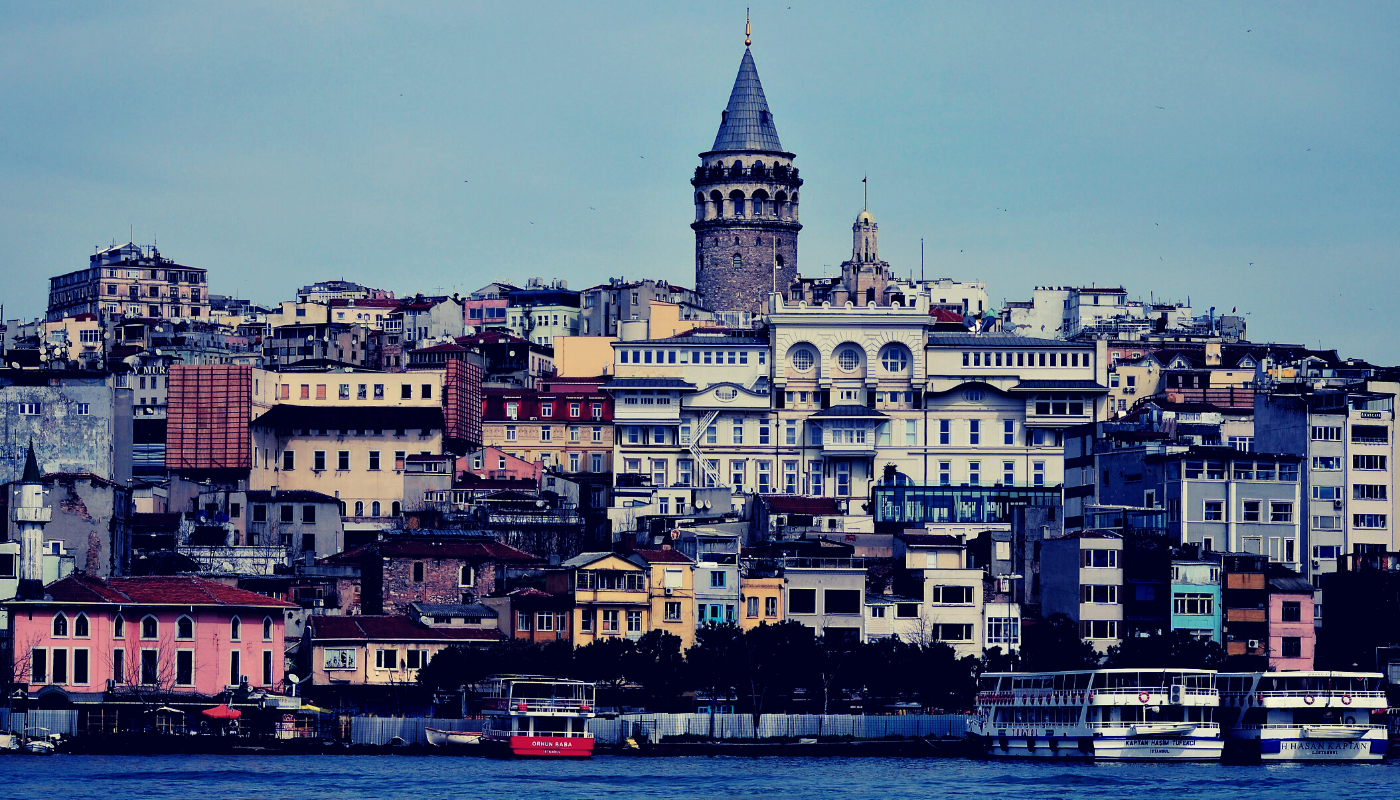In recent weeks, Justice Minister Gideon Sa’ar, with the support of Interior Minister Ayelet Shaked, wisely decided to defer Israel’s joining the Istanbul Convention – a treaty that would subject Israel to the review of a hostile international commission and potentially tilt the scales in a wide variety of domestic policies from immigration to religious matters.
In response, Bar-Ilan University’s Rackman Center, which had long lobbied for the treaty and stands to gain financially from its adoption, has taken to the pages of this paper to accuse groups that pointed out the convention’s problems – of which the Kohelet Policy Forum has been proud to be among – as “liars” who actually support violence against women.
Why the Istanbul Convention is dangerous
We are not concerned about such ad hominem attacks, but it is important to explain why the Istanbul Convention is so dangerous. First, it does nothing to prevent violence against women in Israel. Only Israeli domestic legislation can do that. Violence against women should be dealt with by tougher penalties and better enforcement, not through international virtue signaling. Any useful ideas in the convention can and should be discussed and adopted on its own merit.
There is no evidence that joining the convention reduces violence. Indeed, sex offenses against women in some countries like Sweden have spiked rapidly since they joined.
Nor is there any diplomatic imperative to joining the treaty. Unlike UN bodies, which enjoy universal membership, this treaty was designed by and for a regional organization, the Council of Europe (CoE). Israel’s absence would not be noted as the CoE struggles to get or keep its own members on board.
Joining the treaty would expose a wide variety of Israeli social policies to scrutiny by the treaty’s monitoring arm, known by its acronym GREVIO. Anti-Israel bias has turned many international monitoring mechanisms, like the UN Human Rights Council, into yet another arena for condemning Israel for “the occupation.”
Will GREVIO be different? One, the serving commissioner, Rachel Eapen Paul, worked for many years for a BDS-promoting NGO. Just last month – while a GREVIO member – she addressed a convention of a radically anti-Israel organization that condemns Israel’s “ethnic cleansings” and “colonial policies” in Jerusalem. At the conference, she shared a stage with a delegate who explained that “Palestinian women suffer from double violence: violence coming from Israeli occupation, and internal violence.”
If this is how GREVIO members conduct themselves while they are still hoping Israel will agree to their jurisdiction, imagine what happens when it actually joins?
Istanbul Convention supporters point out that Israel has already joined other human rights treaties, including ones dealing with women’s rights. However, most human rights treaties allow for countries to make “reservations,” that is, to join without having to agree to all of the broad and ambiguous provisions.
Countries like the US routinely make reservations to ensure that treaty commitments are not used as a non-democratic backdoor to legislating domestic policy. Indeed, when Israel joined the other women’s rights conventions, it filed reservations making clear that this should not affect various aspects of Israel’s religious status quo.
This is not possible with Istanbul, which under Article 78 provides that “no reservation may be made in respect of any provision of this convention,” with certain minor exceptions.
This makes the Rackman Center’s attempt to minimize the danger of the provisions on asylum, (Articles 60 and 61) disingenuous. Those provisions would require Israel to entertain asylum claims not just for foreigners fleeing political or ethnic persecution, but also for all those who claim they have suffered gendered violence. As the only country in the Middle East to join the treaty, the implications are potentially vast.
The Justice Ministry recognizes this problem and intends to declare Israel regard these provisions as not imposing new asylum obligations. But with Istanbul’s ban on reservations, such “declarations” cannot have legal effect, and are just political window dressing to ease its adoption by the government.
The treaty’s supporters engage in gaslighting and deception to defend it. For example, the Council of Europe’s official “fact sheet” on the convention claims that “Traditions and values are not under threat. The convention only states traditions, culture or religion cannot be used as a justification for actions of violence against women.”
But here is the actual language of Article 12(1): “Parties shall take necessary measures to promote changes in the social and cultural patterns of behavior of women and men with a view to eradicating prejudices, customs, traditions and all other practices” that might reflect “stereotyped roles for women and men.”
The CoE’s official commentary makes clear that countries that join are “required” to change the “mentality and attitudes” of their citizenry. This is a totalitarian and illiberal measure, so it’s perhaps not surprising that the CoE nakedly lies about it.
This could have vast implications for almost every aspect of religious life. Both Judaism and Islam take differences between sexes seriously. This could mean the end of religious girls’ army exemptions, government funding of women’s mikvaot (ritual baths), partitions in synagogues, matrilineal descent – any separate treatment of men and women. Israel’s policies in these matters are idiosyncratic among European states, and unlikely to find sympathy among them.
The Rackman Center notes approvingly that the US and Canada have not joined the treaty because it conflicts with their domestic values of federalism. But then why should Israel not have just as much justification in protecting its own deeply seated domestic features that might conflict with the treaty?
Finally, groups lobbying for the convention fail to disclose how much they have to gain from its adoption. Article 9 would require Israel to financially “support” NGOs dealing with such issues and make them “partners” in its implementation. That would be good news for the Rackman Center – and would also make it likely that a variety of pro-BDS organizations would label themselves as advocates of Palestinian women’s rights.
If Israel failed to fund or even recognize them, they would appeal to the international community – invoking the Istanbul Convention. This is not conjecture. After Defense Minister Benny Gantz recently classified six Palestinian NGOs as terror groups, two United Nations senior experts on women’s rights last month joined a denunciation of Israel, claiming it was picking on human rights activists.
There are many more problems hidden in the convention’s long text – and no improved ability to protect women. Sa’ar was right to shelve it. But given how much they stand to gain, its proponents are unlikely to stop their disinformation campaign.
First published in The Jerusalem Post. (“Why Israel shouldn’t join the Istanbul Convention – opinion”, June 11, 2022).




